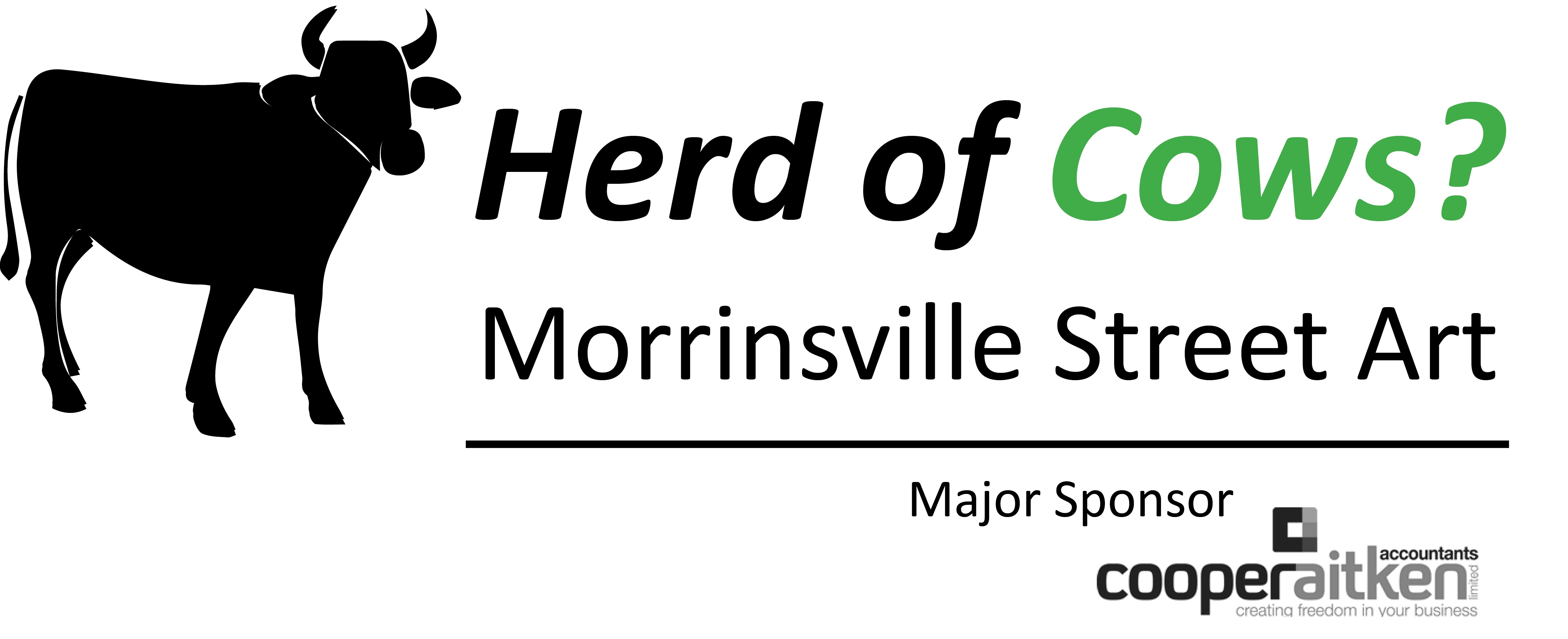What you need to know
Whether you’re self-employed, a contractor, or you have staff, you’ll likely receive an invoice from ACC between mid-July and mid-August. Everyone in New Zealand who is in business has to pay ACC levies, which are separate from general tax and cover the cost of injuries caused by accidents.
How ACC determines your levies
When you file a tax return or register for GST with Inland Revenue, you choose a Business Industry Classification (BIC) code. This describes the business activity you do. Inland Revenue passes your BIC code, liable income or payroll, and your contact details along to ACC, so they can invoice you for levies based on your business activity. Some jobs have more risks than others, so some industries pay higher levies than others.
Why have I received an invoice? (external link) — ACC}
Paying levies if you work or own a business (external link) — ACC
ACC levies
Types of ACC levies
Everyone who works or owns a business in New Zealand pays levies. These levies cover injuries that happen at work, at home, on the sports field, and when you’re out and about. There are three types of ACC levy:
- Earners’ levy Everyone who earns a salary in New Zealand pays the Earners’ levy, which helps cover the cost of accidents that happen in your everyday activities outside work. It’s a flat rate, currently $1.21 per $100 (excluding GST) of your liable income.
- Work levy This levy goes into the Work Account to fund injuries that happen at work, and it’s different for every business.
- Working Safer levy This levy supports the activities of WorkSafe New Zealand, and is a flat rate – currently 8c per $100 of your liable payroll or income.






